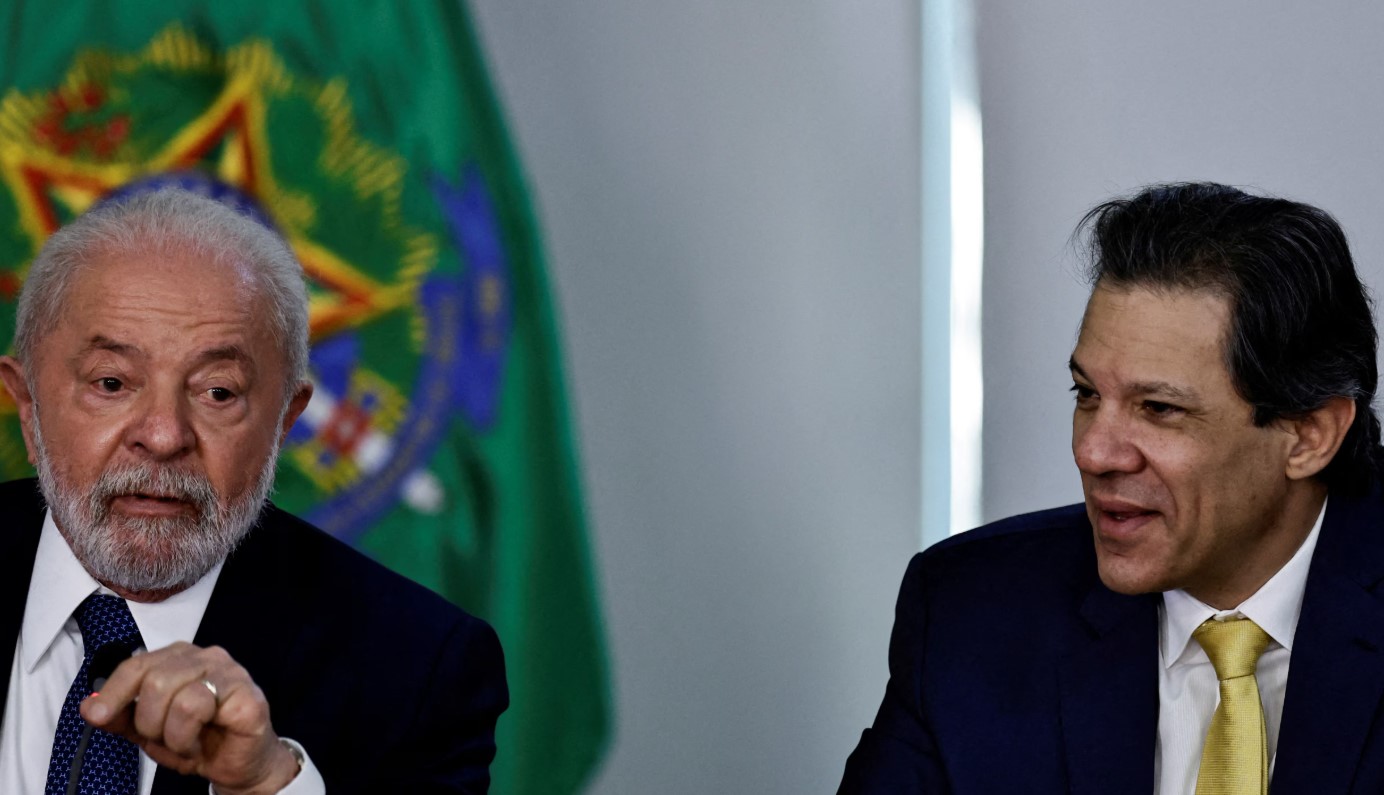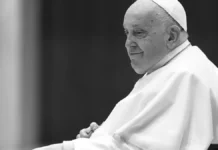
On November 28, Brazil’s Finance Minister Fernando Haddad announced a new income tax reform proposal. The reform aims to increase exemptions for middle-income earners while maintaining fiscal neutrality. If approved, the changes are set to take effect in 2026.
The plan raises the monthly income tax exemption threshold from 2,824 reais to 5,000 reais. This adjustment would benefit millions of workers, increasing their disposable income. According to the Finance Ministry, this measure alone will impact around 10 million taxpayers.
Brazil Having its Liz Truss Moment?
Perhaps a Fernando Haddad Momento?
O Globo reported that Brazil’s Finance Minister Fernando Haddad will announce an income tax exemption for those who earn up to 5,000 reais
“Putting tax cuts in the spending reduction bill is upsetting… pic.twitter.com/rpAfsTMSI6
— Craig Shapiro (@ces921) November 27, 2024
Higher Taxes for High-Income Earners
To offset the estimated revenue loss of 35 billion reais annually, the reform introduces higher effective tax rates for high-income earners. Individuals earning over 600,000 reais per year would see their effective tax rate rise from the current 4.2 percent to 10 percent. This shift targets the wealthiest one percent of Brazilians.
Taxação de renda mais alta será progressiva com alíquotas de 5% a 10%. Saiba quais são as faixas de renda 👇https://t.co/pcw5PFp2EC
— Economia Estadão (@EstadaoEconomia) November 28, 2024
Haddad described the proposal as part of broader efforts to balance Brazil’s fiscal framework. The announcement followed the unveiling of a cost-cutting package aimed at saving 70 billion reais over the next two years. These measures are designed to address concerns over the country’s fiscal sustainability.
Commitment to Reducing Inequality
The reform also aligns with President Lula da Silva’s commitment to reducing inequality. Economists predict the changes will increase progressivity in the tax system, easing the burden on lower and middle-income groups.
Congress must approve the proposal before it takes effect. Lawmakers are expected to debate the plan in early 2025. Haddad emphasized the importance of maintaining fiscal balance while supporting economic growth.
Market reactions to the announcement were mixed. The Brazilian real weakened by 1.2 percent, crossing the six-to-one ratio against the U.S. dollar for the first time. Analysts expressed concern over whether the proposed offsets will fully cover the revenue shortfall.
















